REDBOXLABS ASHWAGANDHA
$49.99
REDBOXLABS ASHWAGANDHA
What is Ashwagandha, What Does It Do, How Is It Used?
Ashwagandha is a supplement derived from the root of the Ashwagandha plant. Ashwagandha (Withania somnifera), also known as Indian Ginseng, is an herb used in traditional medicine (Ayurveda) of India. The root of the ashwagandha plant has a horse scent, hence the name ashwa (horse) ghanda (fragrance). Ashwagandha is a member of the plant family referred to as “adaptogens”. “Adaptogen” is a plant that regulates metabolism when a body is disturbed by physical or mental stress, normalizes system functions, develops resistance to future stress, and facilitates the body’s adaptation by increasing its functioning. Adaptogens are widely used to relieve stress, improve brain health, and adrenal health. used as.
Effects of Ashwagandha
Stress and Anxiety
A study conducted in 2019 supports the positive anxiolytic (reducing anxiety, stress) effects of ashwagandha extract taken at a dose of 240 mg per day for 60 days.
A clinical study evaluating Ashwagandha root extract, conducted in 2021, states that consuming Ashwagandha capsules for 90 days reduces memory, focus, psychological health, sleep quality and stress levels.
In another study, it was emphasized that ashwagandha provides potential advantages that can be a safe treatment for anxiety disorder, and may benefit from reducing anxiety and stress by lowering cortisol.
Sports Performance and Testosterone
Some studies indicate that ashwagandha supplementation increases VO2max and positively affects muscle strength and recovery after training.
In a study published in the journal of the International Society of Sports Nutrition (ISSN) in 2015, it was stated that the use of ashwagandha with resistance exercises may be beneficial. If we take a look at the study;
57 male subjects who just started resistance exercises were divided into two groups. One group consumed 300 mg of ashwagandha root extract twice daily, while the control group was given starch placebos. After the basic measurements, resistance training was done for 8 weeks and the measurements were repeated.
The primary measure of effectiveness is muscle strength; secondary measures of efficacy were muscle size, body composition, serum testosterone levels, and muscle recovery. Muscle strength was evaluated using 1-RM load for bench press and leg extension exercises. Muscle recovery was assessed using serum creatine kinase level as a marker of muscle damage from the effects of exercise.
When the results were compared with the placebo subjects, it was noted that the ashwagandha supplemented group had significantly greater increases in muscle strength in the bench press and leg extension exercise. It has been shown that ashwagandhan helped to increase muscle mass and recover faster in the supplement group. However, it was stated that more studies should be done to prove the precision of these effects and the effects on professional athletes should also be investigated.
Usage Dosage
Research on ashwagandha has used a root extract at doses of 250-600mg/day. The most common dosing protocol is 600 mg/day divided into two doses, one at breakfast and one in the evening. Evidence suggests that 600mg per day is superior to lower doses for improving sleep. Similarly, lower doses of 600-1,000 mg/day may be more beneficial for athletes following an intense exercise regimen. However, more research is needed to confirm the notion that doses above 600 mg per day provide greater benefits.
In summary;
Ashwagandha is an herb that is also used in traditional medicine of India. Also known as Indian ginseng. The daily safe dose is 300 mg twice a day, a total of 600 mg. The safest effect proven by research is that it lowers cortisol levels and reduces stress and anxiety. Recent studies also reveal its effects on sleep quality. More robust and appropriate method studies are needed to definitively prove its effects on sports performance and testosterone levels.

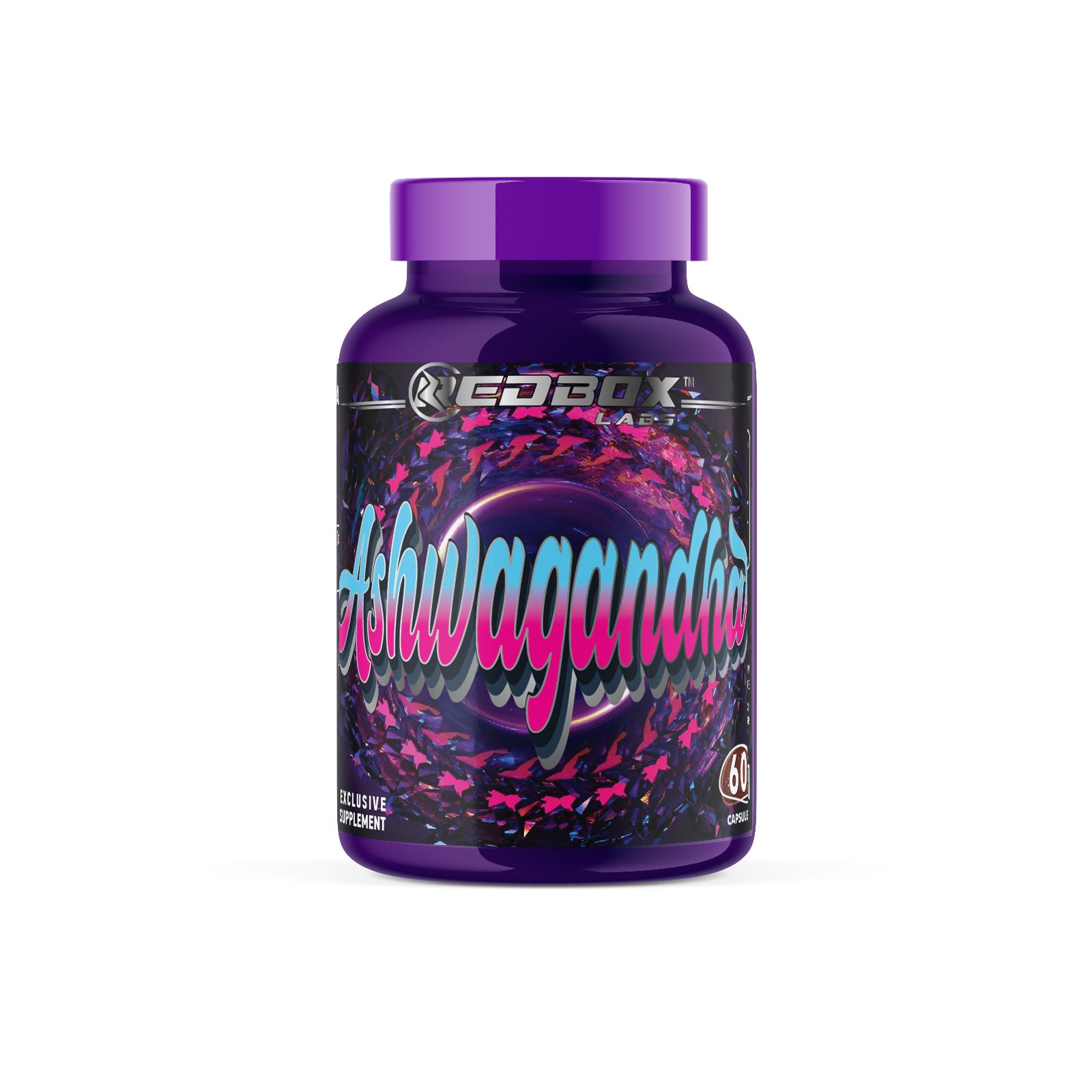
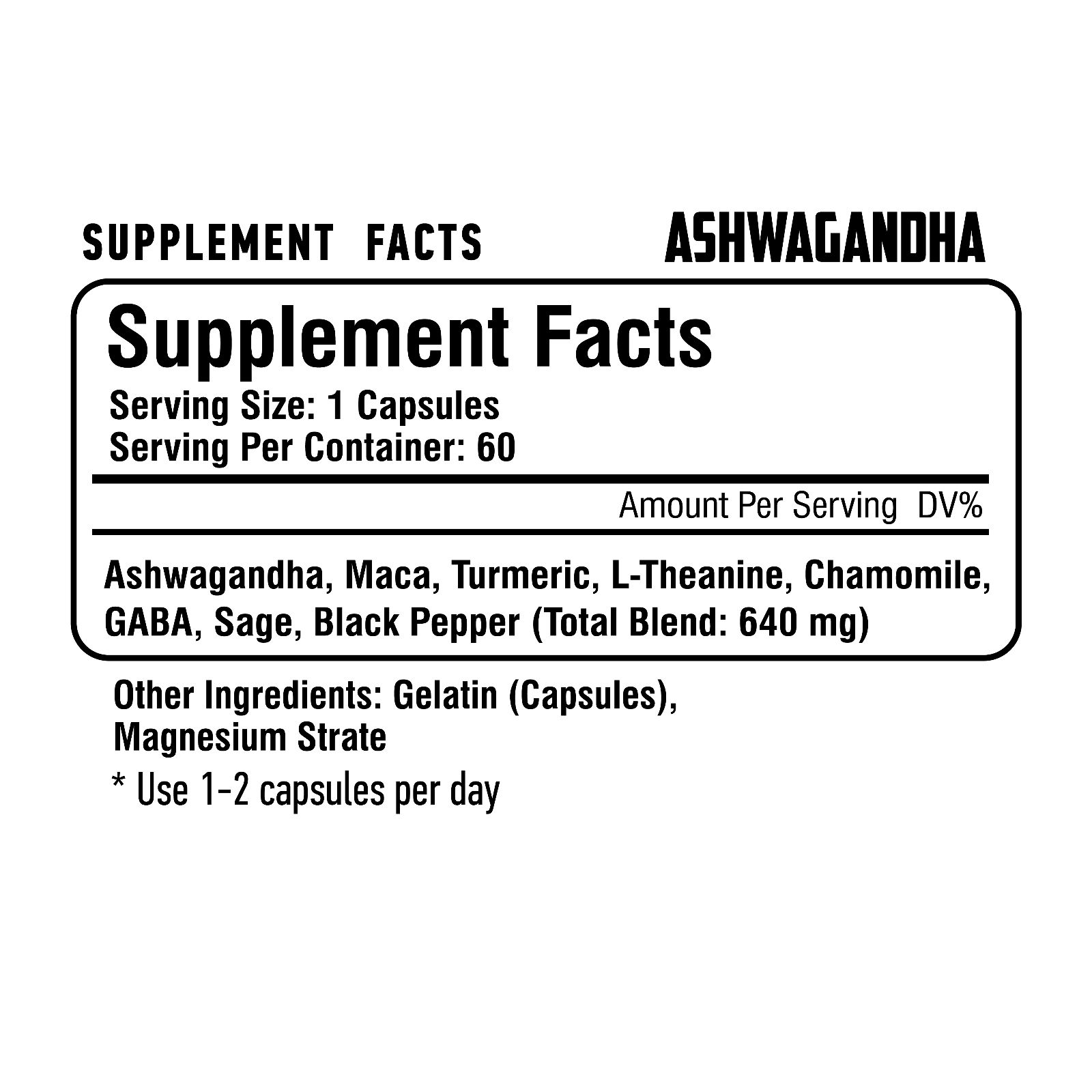
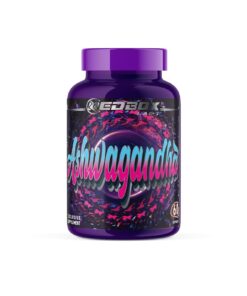
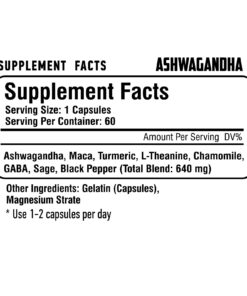
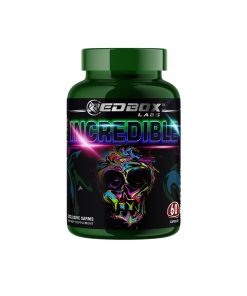
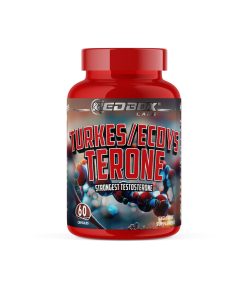
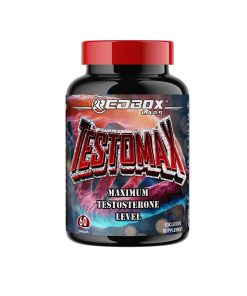
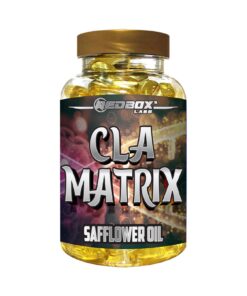
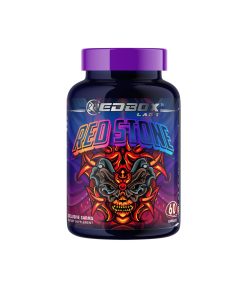

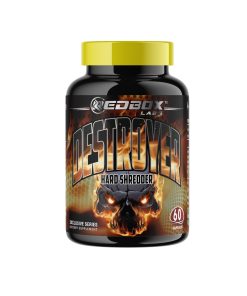
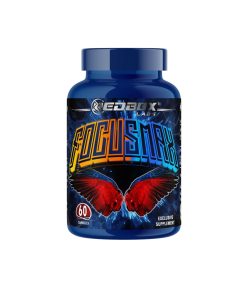
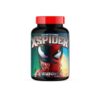
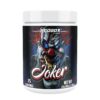
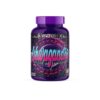
Reviews
There are no reviews yet.